Description
Dental Articulator
A dental articulator is a vital instrument in prosthodontics, orthodontics, and oral surgery. It is a mechanical device that simulates the movements of the temporomandibular joint (TMJ), allowing dental professionals to study, analyze, and replicate the occlusal relationship between the upper and lower teeth. By serving as a substitute for the patient’s jaw, an articulator makes it possible to evaluate and adjust dental models outside of the mouth with precision and accuracy.
Design and Function
-
Primary Purpose: Replicates the complex movements of the mandible in relation to the maxilla.
-
Applications: Essential for the fabrication of crowns, bridges, dentures, orthodontic appliances, and for studying occlusal relationships.
-
Outcome: Ensures restorations fit properly, function effectively, and preserve the patient’s natural bite.
Types of Articulators
-
Hinge Articulators – Replicate only the basic opening and closing movements of the jaw. Best suited for simple restorative procedures.
-
Semi-Adjustable Articulators – Allow for adjustments in condylar inclination and intercondylar distance, providing greater accuracy in occlusal replication.
-
Fully Adjustable Articulators – Reproduce a wide range of mandibular movements, including protrusive and lateral excursions. Ideal for complex restorative and reconstructive cases.
-
Digital / Virtual Articulators – Utilize advanced imaging and computer software to simulate jaw movements with high precision, while also enabling storage and transfer of digital records.
Clinical Benefits
-
Provides accurate diagnosis and treatment planning.
-
Facilitates the fabrication of precise and functional dental prostheses.
-
Ensures proper occlusion and long-term success of restorations.
-
Enhances efficiency in complex restorative and orthodontic procedures.
-
Offers versatility through mechanical and digital options.
Summary
The dental articulator is indispensable in modern dentistry, bridging the gap between patient anatomy and restorative accuracy. Whether mechanical or digital, articulators enable clinicians to achieve optimal occlusion, functionality, and aesthetics. Their precision and adaptability make them essential tools in restorative, orthodontic, and surgical practices worldwide.


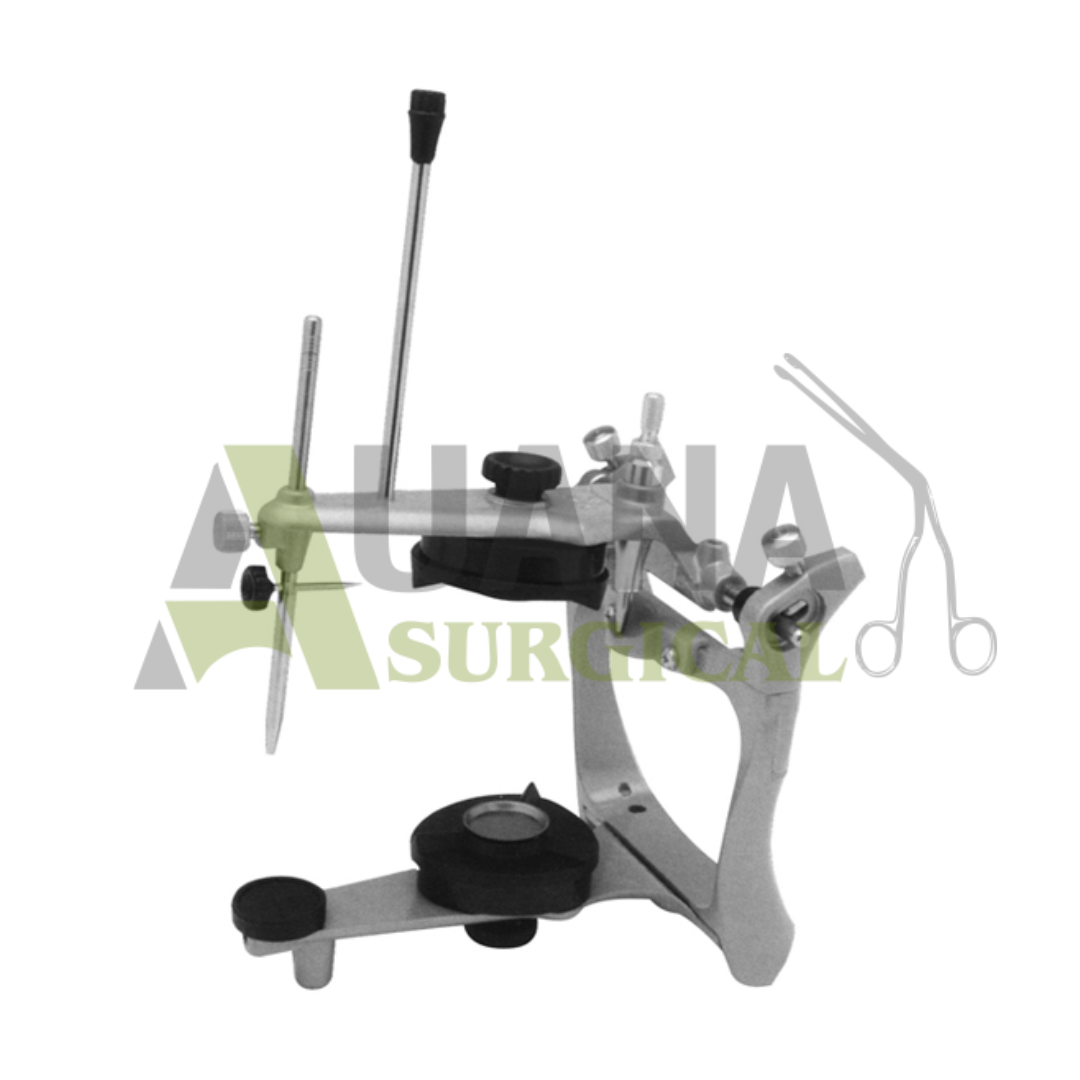
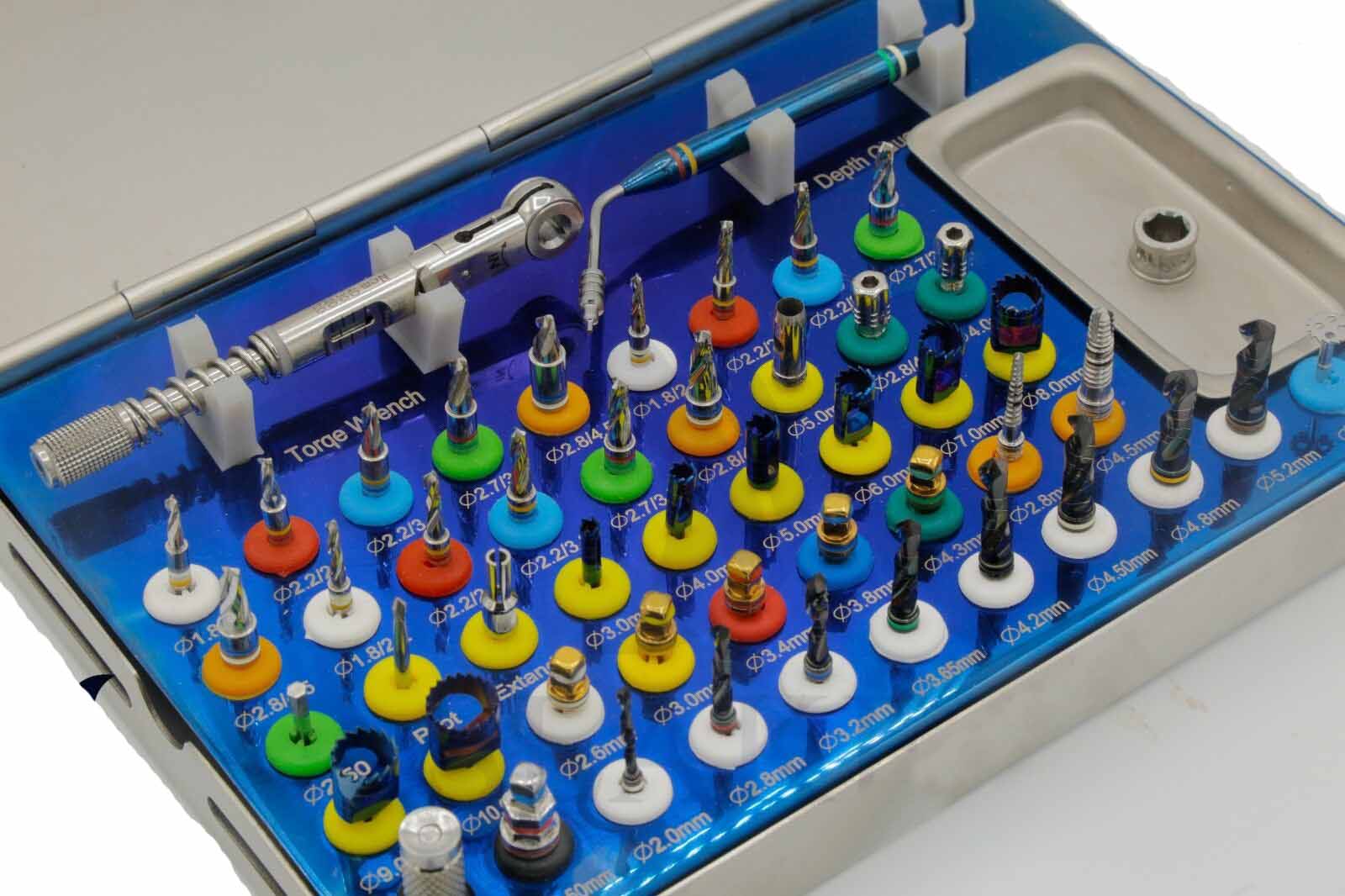
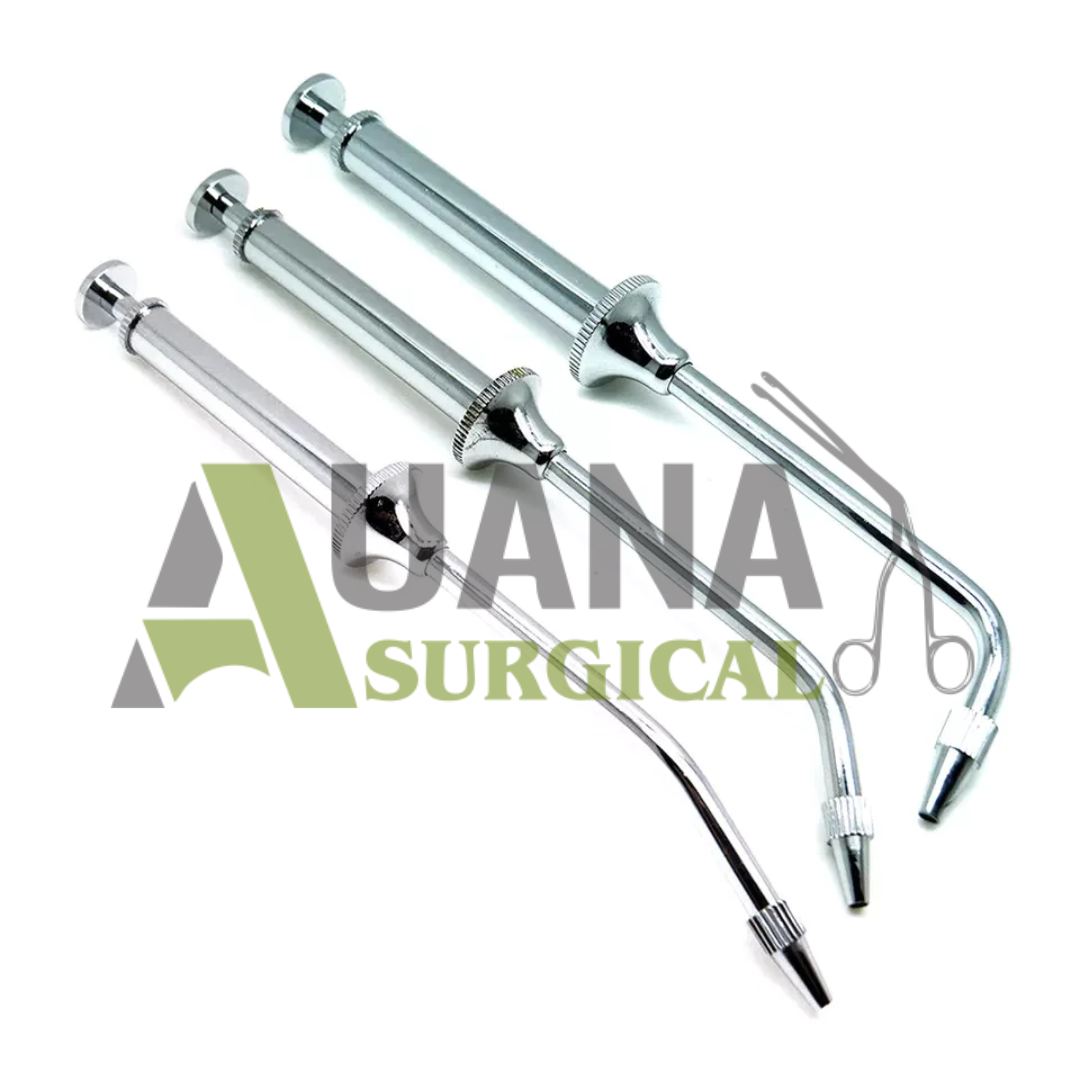
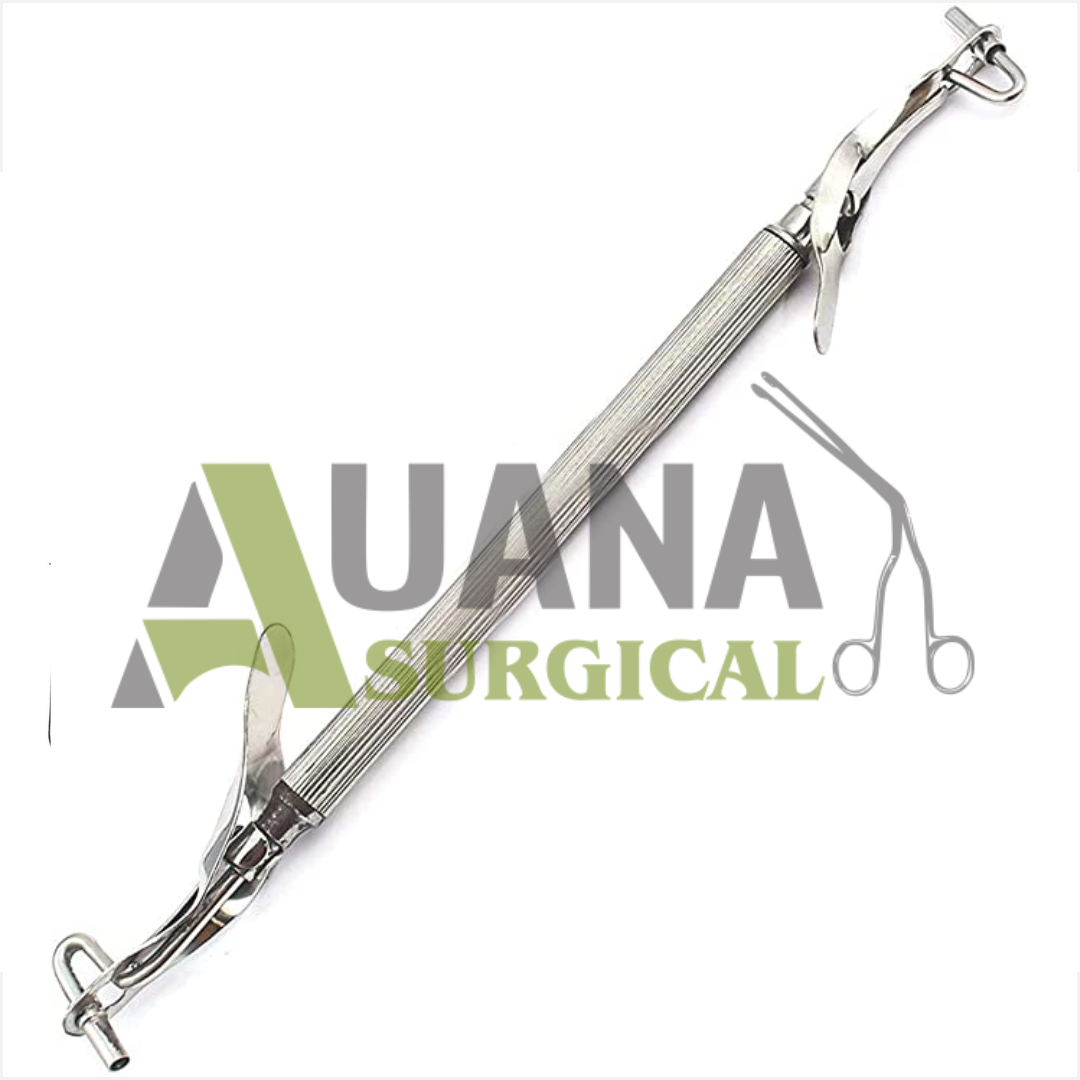
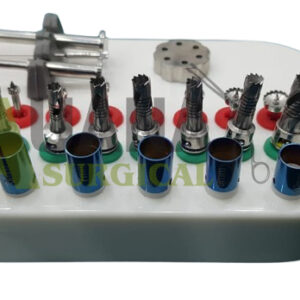
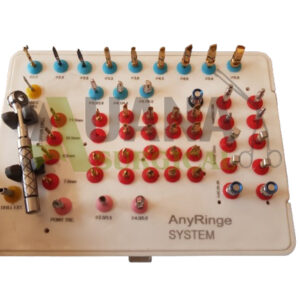
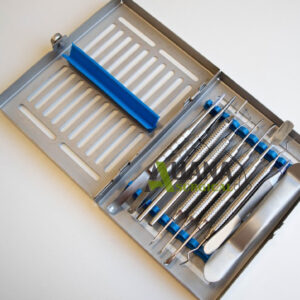
Reviews
There are no reviews yet.